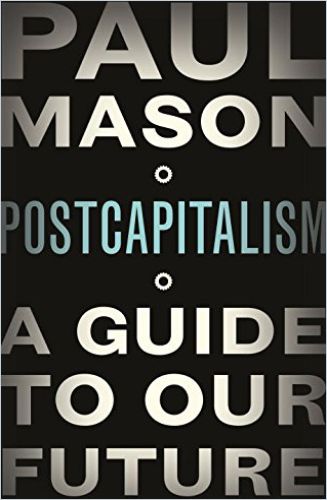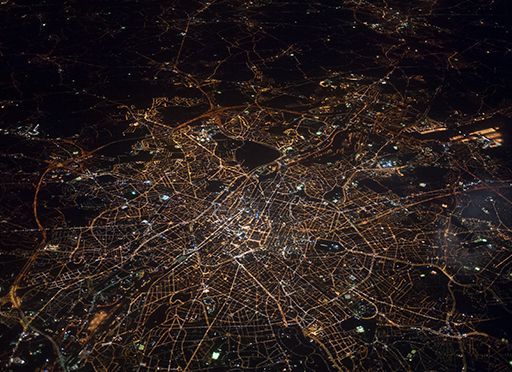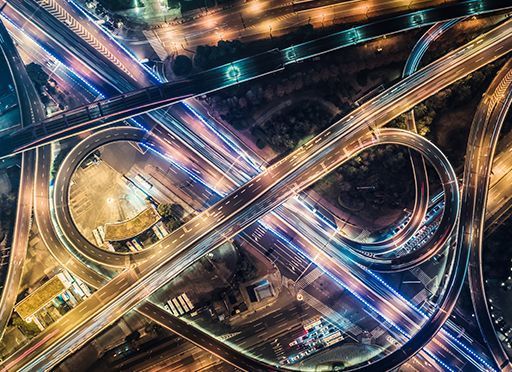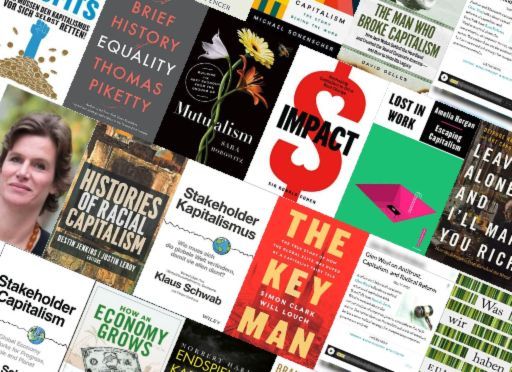Paul Mason offers a brilliant catalog of the ills of capitalism and an equally brilliant – if perhaps unworkable – catalog of solutions.

Tear It Down
As you read British commentator Paul Mason’s prescription for a post-crash economy – a Sunday Times Top Ten Book – you may find yourself thinking that it’s intriguing, but idealistic and unrealistic. Mason’s goal is worthwhile: To create a system immune to the volatility that rocked global markets in the financial collapse of 2008. Mason promotes ideas that will be familiar to those vested in left-of-center economic thinking: a universal basic income, the return of privatized monopolies to the public sector and the breakup of big banks.
Financial complexity stands at the heart of modern economic life.Paul Mason
Mason is a fluent writer who wraps complex economic concepts in a clear, compelling package. However, his suggestions may seem improbable in a world in which American and British voters now lurch to the right. And his arguments may not persuade anyone not already predisposed to embracing greater government regulation and less corporate power. Imagine the firestorm that would greet Mason’s calls to take away the branch networks of major banks or the patent protections enjoyed by Big Pharma.
Morally, if the risks are socialized, then the rewards should be socialized, too. Paul Mason
Mason’s citations of the causes of the 2008 crash are hardly debatable: easy money, cheap debt and global trade imbalances. His call to action aligns with those of left-wing activists such as Bernie Sanders and the Occupy Wall Street movement. Mason envisions a utopian scheme of “postcapitalism,” a system that pays workers a living wage, regulates polluters and pursues tax cheats. In Mason’s view, the 2008 crisis made clear the folly of neoliberalism and the limits of capitalism.
The 1%
Today’s neoliberal regime, Mason insists, serves only the richest 1%. Powerful corporations drive this system; the austerity policies of the International Monetary Fund, the World Bank and the World Trade Organization prop it up. Neoliberalism holds that self-interest is good, regulation is bad and inequality is a by-product of humanity’s inherent ruthlessness.
Like neoliberalism, capitalism is on shaky ground, Mason writes. Global capitalism brings iPhones and bargain-priced clothes, but it also spawns rogue Wall Streeters and factory deaths in Bangladesh.
The fiction at the heart of neoliberalism is that everybody can enjoy that consumer lifestyle without wages rising.Paul Mason
A flexible, everchanging organism, capitalism learns from and conforms to the world. However, it cannot adapt to information technology, which threatens capitalism’s foundations – markets, ownership, and a strong link between work and wages.
Collaborative Work
The corporate model of employment has come to rely on unskilled workers in low-paying positions. Reversing this trend requires collaborative workplace arrangements that drive the greater social good – not profits and competition. Worker co-ops could create high-wage positions. Such co-ops have a utopian ring and typically fail, but some do work: The Spanish co-op Mondragon, for example, succeeded by establishing banking relationships with local institutions and following an adaptable business model that moves workers from one industry to another, in line with demand.
The classic workers’ co-ops always failed because they had no access to capital and when crisis hit they couldn’t persuade their members to take lower wages or work fewer hours.Paul Mason
The collaborative model cannot thrive without government regulation and incentives. Ultimately, the public sector would have to outlaw certain private-sector business models. But Mason argues that governments also faced criticism for ending human enslavement and banning child labor.
Monopolies
Mason believes governments encourage monopolies – capitalism’s default response to competition and falling prices. He maintains that monopolies should operate as publicly owned, nonprofit entities. In a postcapitalist world, the public sector would force private monopolies to provide services at cost. For example, pharmaceutical companies could no longer hold patents on drugs created with state-funded research.
Green Energy
Establishing a postcapitalist economy and creating a low-carbon energy system are inextricably linked. The world faces a climate catastrophe that demands immediate action, but the market stands in the way. Corporations don’t want to give up profits; consumers don’t want to give up cheap energy.
The attempt to create a non-market economy and a low-carbon system are clearly interdependent. Paul Mason
The public sector should take over the wholesale energy market, as governments reward energy-efficient strategies and punish inefficient ones.
Public Interest
Complex financial instruments should face heavy regulation, and the private sector should share the risks, not only the rewards, Mason posits. Countries should nationalize central banks, and states should become providers of financial services. Investment banking and other complex financial activities could continue in separate and tightly regulated spaces.
Universal Basic Income
A basic income would pay a subsistence wage to everyone. It would replace unemployment insurance and ensure against massive joblessness. Everyone would receive payments, with no conditions. Family payments and disability benefits could continue. Workers, freed from stressful or demeaning jobs, could volunteer, learn new technical skills or do nothing at all.
Why pay people just to exist? Because we need to radically accelerate technological progress.Paul Mason
A basic income would be costly: If the United Kingdom’s basic income were £6,000 [$8,060] each for 51 million adults, the annual budget of £306 billion would be twice the country’s current welfare spend.
Review
Mason repeatedly – and accurately – claims that financial markets have grown increasingly and unmanageably complex, and wholly immoral. There’s no arguing with his description of market processes and results, either, but by design, his solutions are highly debatable. Because his ideas are heterodox, to say the least, citing multiple systems and approaches, Mason’s political solutions lack immediate clarity. How to implement them is not Mason’s first concern; he raises compelling dilemmas to trigger richer debate and to find a route out of what he sees as a death spiral of economic self-destruction.
Paul Mason also wrote Clear Bright Future, Meltdown and Why It’s Kicking Off Everywhere. Other books addressing these ideas include Inventing the Future by Nick Srnicek and Alex Williams, and Capitalist Realism by Mark Fisher.












